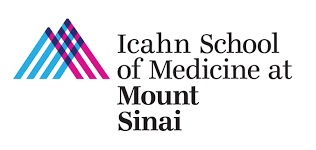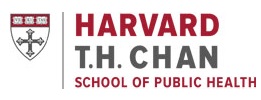Submitted by ja607 on
| Title | Human Demographic History Impacts Genetic Risk Prediction across Diverse Populations. |
| Publication Type | Journal Article |
| Year of Publication | 2017 |
| Authors | Martin, AR, Gignoux, CR, Walters, RK, Wojcik, GL, Neale, BM, Gravel, S, Daly, MJ, Bustamante, CD, Kenny, EE |
| Journal | Am J Hum Genet |
| Volume | 100 |
| Issue | 4 |
| Pagination | 635-649 |
| Date Published | 2017 Apr 06 |
| ISSN | 1537-6605 |
| Keywords | Americas, Genetic Predisposition to Disease, Genetics, Medical, Genetics, Population, Haplotypes, Human Genome Project, Humans, Multifactorial Inheritance, Racial Groups |
| Abstract | The vast majority of genome-wide association studies (GWASs) are performed in Europeans, and their transferability to other populations is dependent on many factors (e.g., linkage disequilibrium, allele frequencies, genetic architecture). As medical genomics studies become increasingly large and diverse, gaining insights into population history and consequently the transferability of disease risk measurement is critical. Here, we disentangle recent population history in the widely used 1000 Genomes Project reference panel, with an emphasis on populations underrepresented in medical studies. To examine the transferability of single-ancestry GWASs, we used published summary statistics to calculate polygenic risk scores for eight well-studied phenotypes. We identify directional inconsistencies in all scores; for example, height is predicted to decrease with genetic distance from Europeans, despite robust anthropological evidence that West Africans are as tall as Europeans on average. To gain deeper quantitative insights into GWAS transferability, we developed a complex trait coalescent-based simulation framework considering effects of polygenicity, causal allele frequency divergence, and heritability. As expected, correlations between true and inferred risk are typically highest in the population from which summary statistics were derived. We demonstrate that scores inferred from European GWASs are biased by genetic drift in other populations even when choosing the same causal variants and that biases in any direction are possible and unpredictable. This work cautions that summarizing findings from large-scale GWASs may have limited portability to other populations using standard approaches and highlights the need for generalized risk prediction methods and the inclusion of more diverse individuals in medical genomics. |
| DOI | 10.1016/j.ajhg.2017.03.004 |
| Alternate Journal | Am J Hum Genet |
| PubMed ID | 28366442 |
| PubMed Central ID | PMC5384097 |
| Grant List | U01 HG007417 / HG / NHGRI NIH HHS / United States U01 HG007419 / HG / NHGRI NIH HHS / United States U01 HG005208 / HG / NHGRI NIH HHS / United States R01 GM083606 / GM / NIGMS NIH HHS / United States U01 HG009080 / HG / NHGRI NIH HHS / United States T32 HG000044 / HG / NHGRI NIH HHS / United States T32 GM007790 / GM / NIGMS NIH HHS / United States U01 MH094432 / MH / NIMH NIH HHS / United States |





